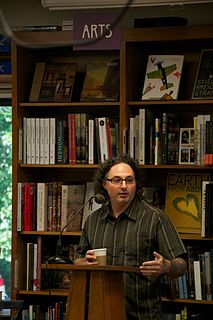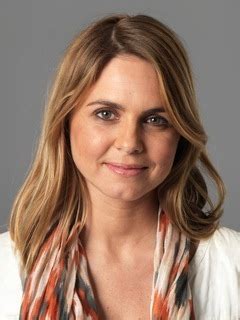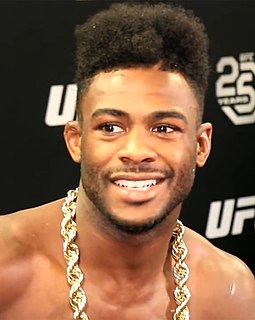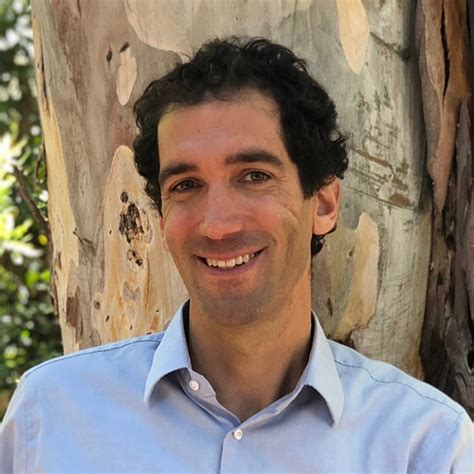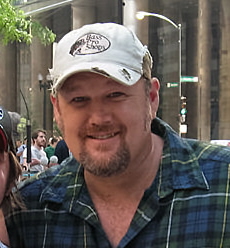A Quote by Bruce Springsteen
The different social forces that affected my parents' lives or my friends' lives or I saw around me became essential for me to write about.
Related Quotes
I came to the realization that I had failed in some respects because I had been more of a benevolent narrator than the world I saw reflected around me, and in the lives of the people in my community, and in my family. There was no benevolent God sparing us pain and loss and grief and struggle. If I was going to continue to write about the place where I am from, and the kind of people who live in my community and who are in my family, I owed it to them to be honest with what our lives are like.
On to the Next Dream became about much more than me facing a challenging situation; it became about how all of us feel when we're thrust unexpectedly into change. It's about how we all hold onto personalized visions of our lives, our city, and our culture, and what we do when reality forces us to confront the impermanence of those visions.
When you read about the lives of other people, people of different circumstances or similar circumstances, you are part of their lives for that moment. You inhabit their lives, and you feel what they're feeling, and that is compassion. If we see that reading does allow us that, we see how absolutely essential reading is.
I grew up with a sense of tolerance. I don't know that there was any talk about gender differences. It was respect for people. So when I became a professional and saw that there were a lot of differences in the sense of how people lived their lives, I became respectful of their territory, of their thoughts and their ideas, and it was never a problem for me to feel that this is my sister, this is my brother.
I began my career as an economics professor but became frustrated because the economic theories I taught in the classroom didn't have any meaning in the lives of poor people I saw all around me. I decided to turn away from the textbooks and discover the real-life economics of a poor person's existence.
But being able to talk to so many patients from so many walks of life gives a tremendous window into people's lives. This is not to say I want to write about individual patients, but I think that after listening to the concerns of people who are so different from me, I can more realistically portray characters who are so different from me.



